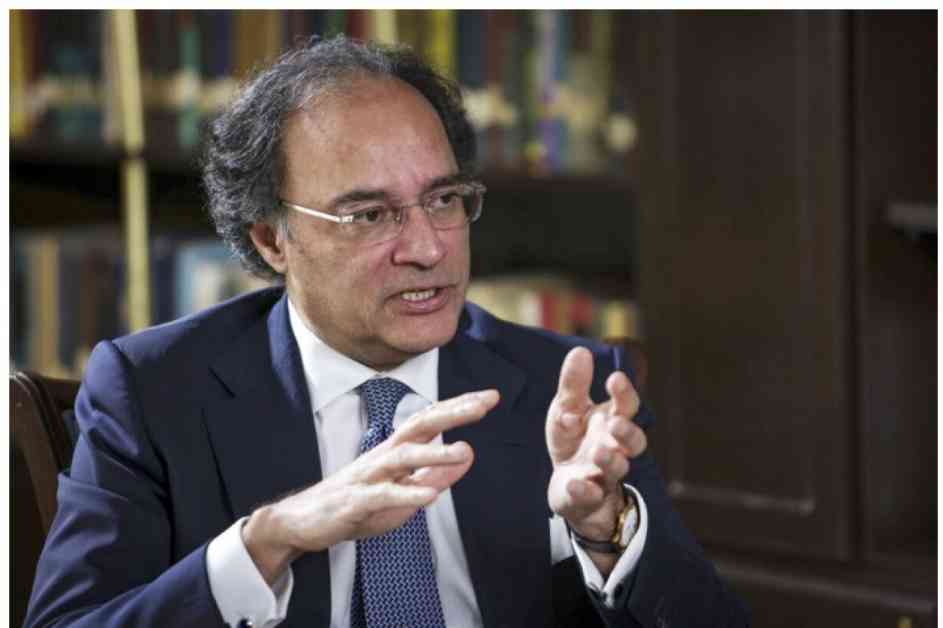Finance Minister Muhammad Aurangzeb shared positive developments regarding Pakistan’s negotiations with the International Monetary Fund (IMF). Speaking after a ceremony commemorating the ‘World Day of Glaciers’ at the National Disaster Management Authority (NDMA) headquarters, Aurangzeb expressed confidence in the final stages of talks with the IMF, hinting at forthcoming good news from the global lender.
Aurangzeb highlighted the importance of securing climate funding during discussions with the IMF, emphasizing the need for support from development partners and the United Nations to address climate change challenges. Describing the ongoing negotiations as smooth and promising, the minister underscored the significance of economic discipline in achieving favorable outcomes from the IMF talks.
### Progress in Climate Funding Talks
In a candid interaction with reporters, Aurangzeb reiterated the government’s commitment to economic stability and the successful conclusion of negotiations with the IMF. He acknowledged the impact of super floods in 2022, noting the challenges faced in utilizing aid earmarked for flood damage rehabilitation due to project viability issues.
### Urgency in Addressing Climate Risks
Drawing attention to Pakistan’s vulnerability to climate risks, particularly in relation to glacial lake outburst floods (GLOFs), Aurangzeb stressed the need for a comprehensive strategy to mitigate environmental threats. With over 3,000 glacial lakes in the country, of which 33 are deemed extremely hazardous, the minister highlighted the urgency of protecting vulnerable communities from potential disasters.
Aurangzeb also emphasized the importance of preparing viable climate projects to leverage international aid effectively. He recognized the role of a national climate strategy framework in addressing environmental challenges but acknowledged the implementation hurdles that need to be overcome for tangible progress.
### Economic Resilience and Environmental Sustainability
As Pakistan grapples with environmental degradation and a growing population, Aurangzeb underscored the government’s commitment to providing financial and technical resources to support economic growth. He outlined plans for a 10-year economic reform program in collaboration with the World Bank, with a focus on integrating environmental considerations into strategic planning.
In conclusion, Aurangzeb reiterated the government’s dedication to advancing economic reforms while prioritizing environmental sustainability. With the support of international partners like the IMF and the World Bank, Pakistan aims to navigate challenges posed by climate change and population growth to secure a resilient and prosperous future for its citizens.









